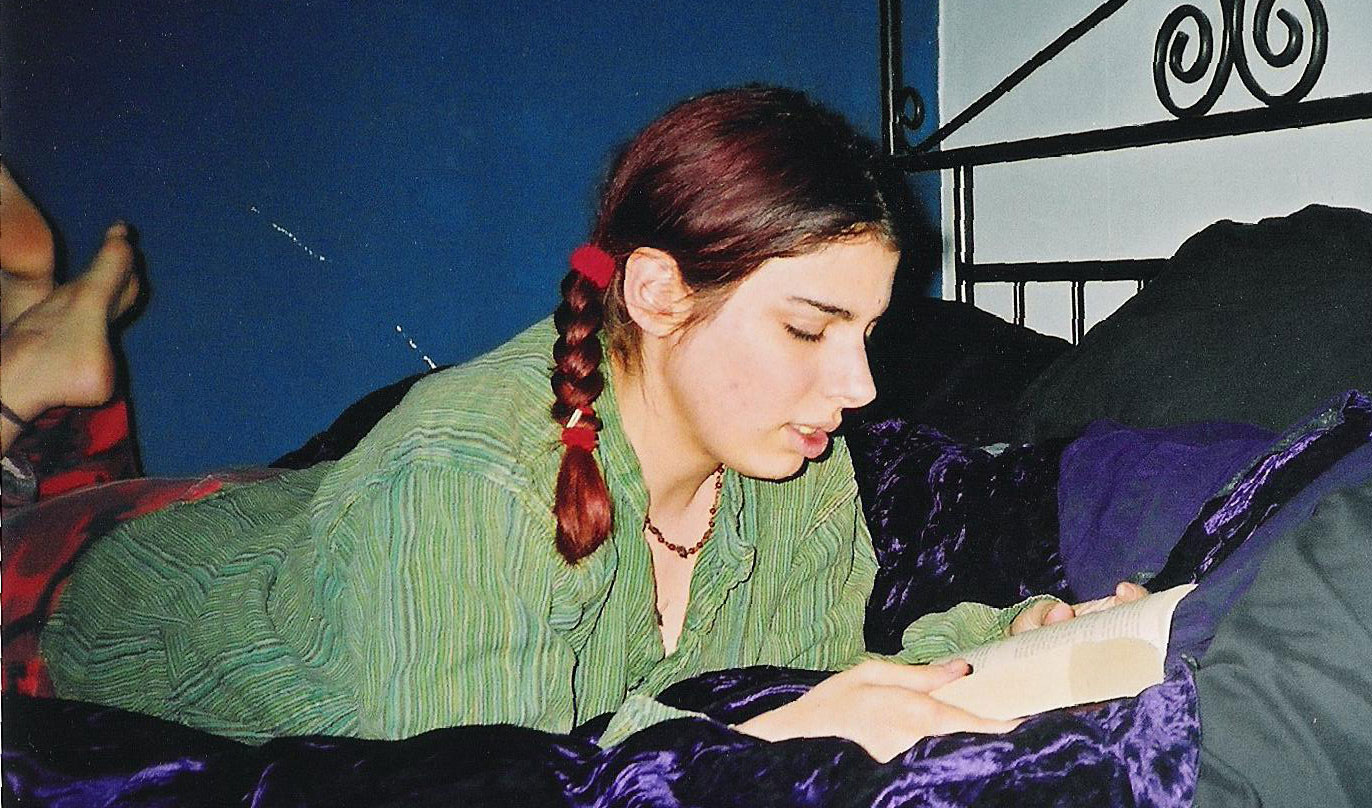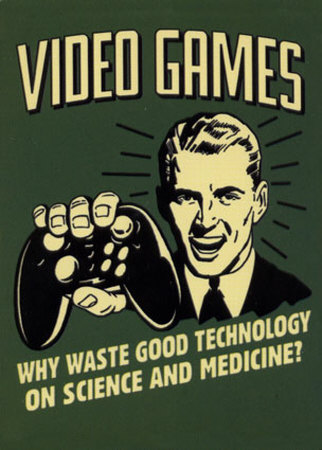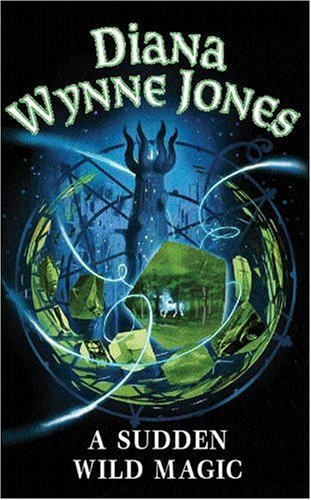Everyone loves to give advice. There’s nothing quite like the pleasure of telling someone else how to lead their life.
I follow several different advice sites and “Ask InsertNameHere” columns, most of which have forum systems for giving your own advice. Often when I should be writing I spend my time explaining to strangers on the internet how they should act around cranky relations, annoying colleagues and other people’s children. But although I do occasionally post under the category advice for writers on my blog, I’m never quite sure that it’s the right thing to do.
One reason is that very few people ever take my advice. I can’t tell you how many times a friend or friend-of-a-friend has asked me for advice on getting published only to ignore everything I’ve suggested. (The most often ignored advice is: “Don’t write a 100,000 word novel and then submit it. Submit a 15,000 word draft and see if anyone actually *wants* more.”) Nowadays I save my professional advice for my writers group, who are tough enough to cope with the occasional scathing critique (“someone hit by three crossbow bolts would not shake it off easily”), and for the teenagers who ask questions at schools and book fairs who have done me the courtesy of showing up and asking a question.
Another reason I don’t write a lot of advice is that there’s heaps of it already out there. Last year the Guardian asked every prominent author they could find for their ten rules for writing. There are books like How NOT to Write a Novel and blogs like Write to Be Published and The Stroppy Author’s Guide to Publishing. Just google for “advice for writers” and you’ll find 96 pages of results.
With so much advice on offer you have to wonder how useful it is. Much of it comes uncontextualised: “write what you know”, “don’t write in the second person”, “don’t write about vampires” – TELL ME WHY! Sometimes it’s just plain wrong: “pay to get your text edited before submitting it”, “design your own cover”, “don’t bother submitting to professional publishers” – NO, NO, NO! A substantial portion of online advice comes from unpublished, pre-published or independent authors with experience in self-publishing and self-promotion – but little to no experience of professional publication. Go to an indie author for advice on alternative avenues of publication: eBooks, internet, self publication and small presses. But for advice on publication by an established publishing company go to a pro author – or better yet, a professional agent, one who won’t charge you a readers fee. (And there I go, giving advice.)
Advice doesn’t exist in a vacuum – consider the credentials of your potential mentor. I’ve been asked to give advice about graphic novels, travel writing and poetry: genres in which my only experience is as a consumer. (Not that I mean to discount the experience of the reader: reading widely in a genre is a fine basis for critique.) I’ve been given advice by people who don’t have a clue what they’re talking about: “you should write a book like Harry Potter” or “my life would make a fantastic story – write about me!”
Some authors don’t give advice. Philip Pullman’s response to the Guardian’s request for tips was: “My main rule is to say no to things like this, which tempt me away from my proper work”. Careful readers will notice the stealth advice in that statement.
Most authors with an online presence give some sort of advice in their blogs, FAQs or other web pages. Advice posts are easy to write – you don’t get to be a pro author without picking up at least one tip or trick along the way. That means they’re an easy way to add content to your site – and marketing folk will often recommend creating a blog and posting up some advice to demonstrate you have an online existence. (Yes, I have been guilty of this when my blog was looking very empty.)
I asked some professional authors why they gave advice and the answers were enlightening:
- “I think it’s the teacher in me”
- “[it's] a great way to procrastinate”
- “if you’ve found something that works, it’s tempting to think you’ve discovered the right way, and perhaps the only way, to do it”
- “I get quite a few emails asking for advice – particularly from teen writers – so it’s useful to be able to refer them to a page on my blog”
- “[I] see it as a kind of ‘pro bono’ payback for all the times other writers have helped me when I wanted to know something”
- “because I hate to see people slogging away re-inventing the wheel”
- “I have absolutely no idea but I’m always grateful for whatever I can get. Especially if it’s free…”
- “it can be very fulfilling to help a writer ‘break in’”
- “there are writing techniques, rather than ‘rules’, just as there are techniques for music or art – and there’s a world of difference between breaking them through ignorance or with intent”
And, perhaps the most compelling reason of all, “people ask”.
The authors I asked responded with noticable humility. One author I asked said “I always stress however that it’s based on my experiences so don’t treat what I say as gospel – the industry changes and editors all have their own opinions”. Another commented: “I give writing advice… but always present it as slightly eccentric and ‘what works for me’”. Another successful author said: “I always feel slightly ludicrous giving advice, I don’t know that much myself…”.
Advice given with the best of intent can be wrong. Celia Rees replied: “For every rule given, there’s someone who has broken it and gone on to sell millions. Even the vampire thing – sure, they are going to throw every Stephenie Meyer lookalike straight in the bin, but if someone came up with another twist, that could be a different thing. The only rule is… there are no rules.”
And I’m 40,000 words into a novel I haven’t submitted yet because I want to make sure I get it right. Rules were made for breaking.
 The things I can do while reading now include knitting! It’s not very good knitting – but it will get better a lot faster now I can read while doing it.
The things I can do while reading now include knitting! It’s not very good knitting – but it will get better a lot faster now I can read while doing it.  A friend is writing a novel and had been considering using the idea of a game. I advised her against because it’s a well-established trope. While there may be some mileage left in the idea I think anyone considering fiction in this area should be aware of the work already done on this subject.
A friend is writing a novel and had been considering using the idea of a game. I advised her against because it’s a well-established trope. While there may be some mileage left in the idea I think anyone considering fiction in this area should be aware of the work already done on this subject.